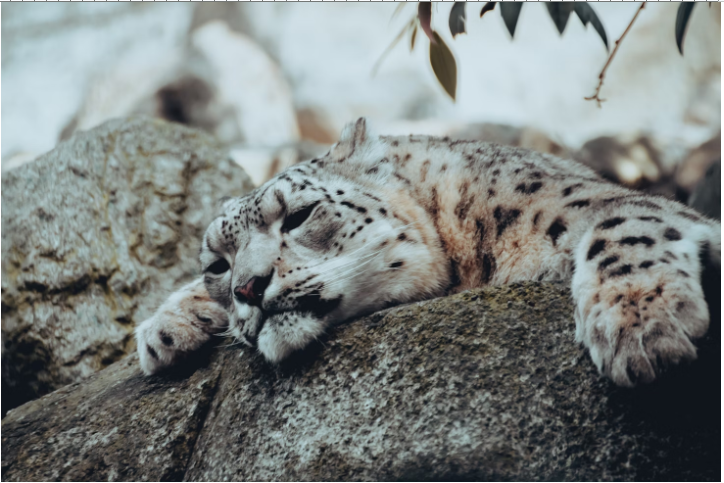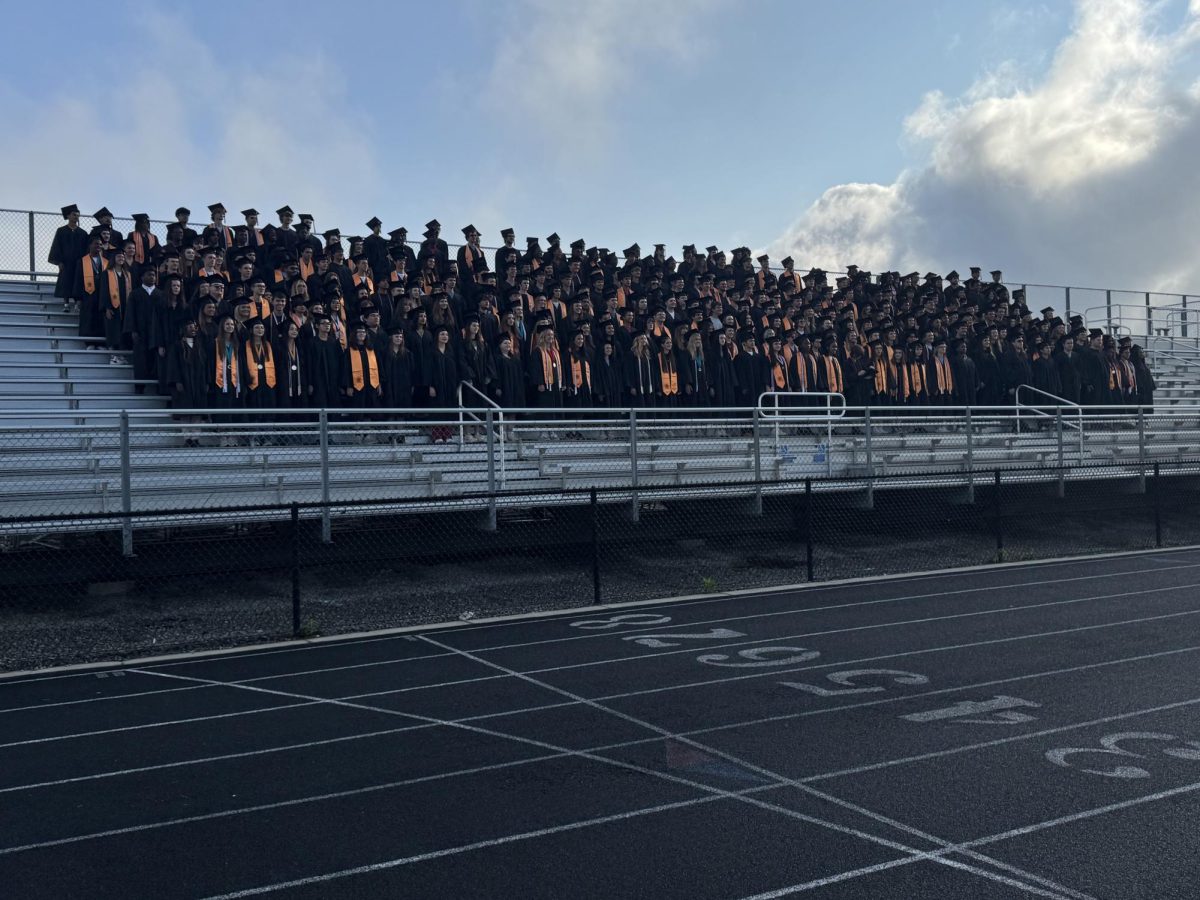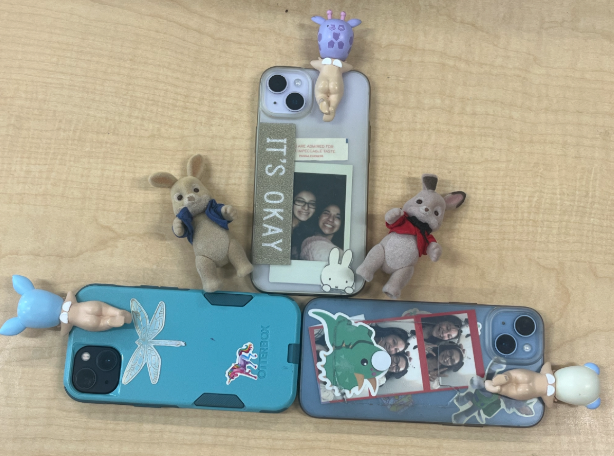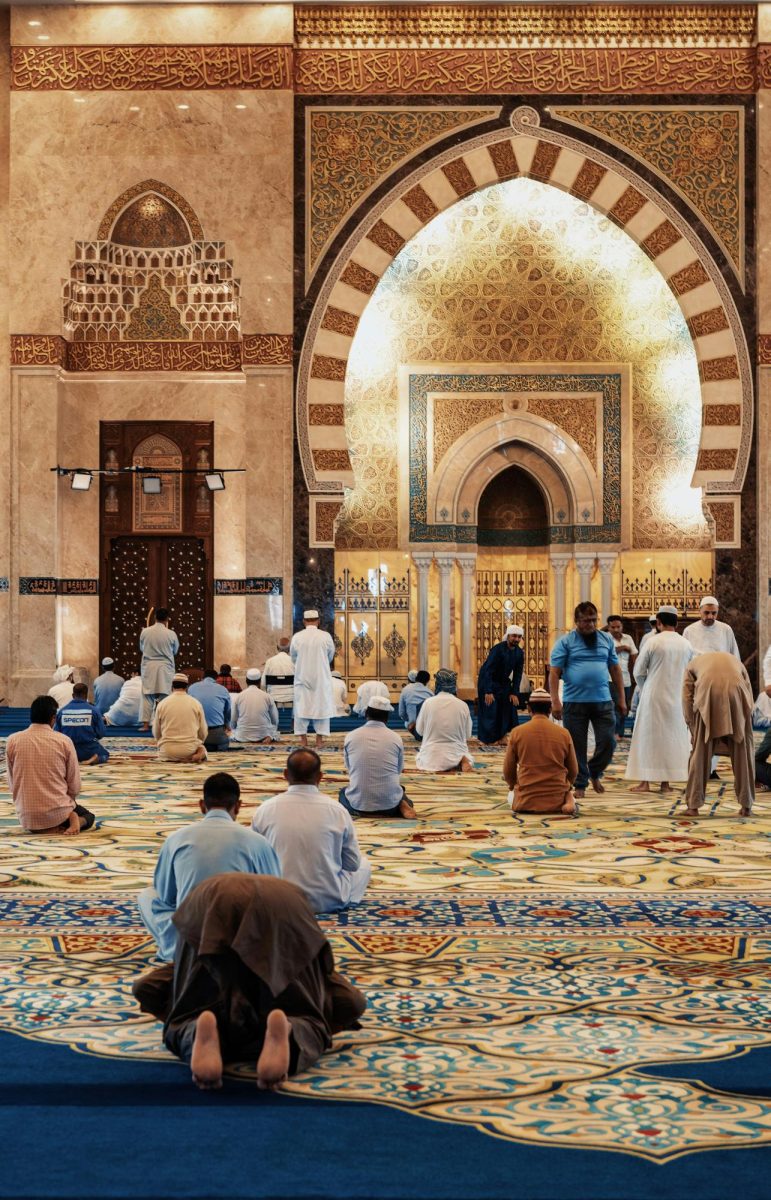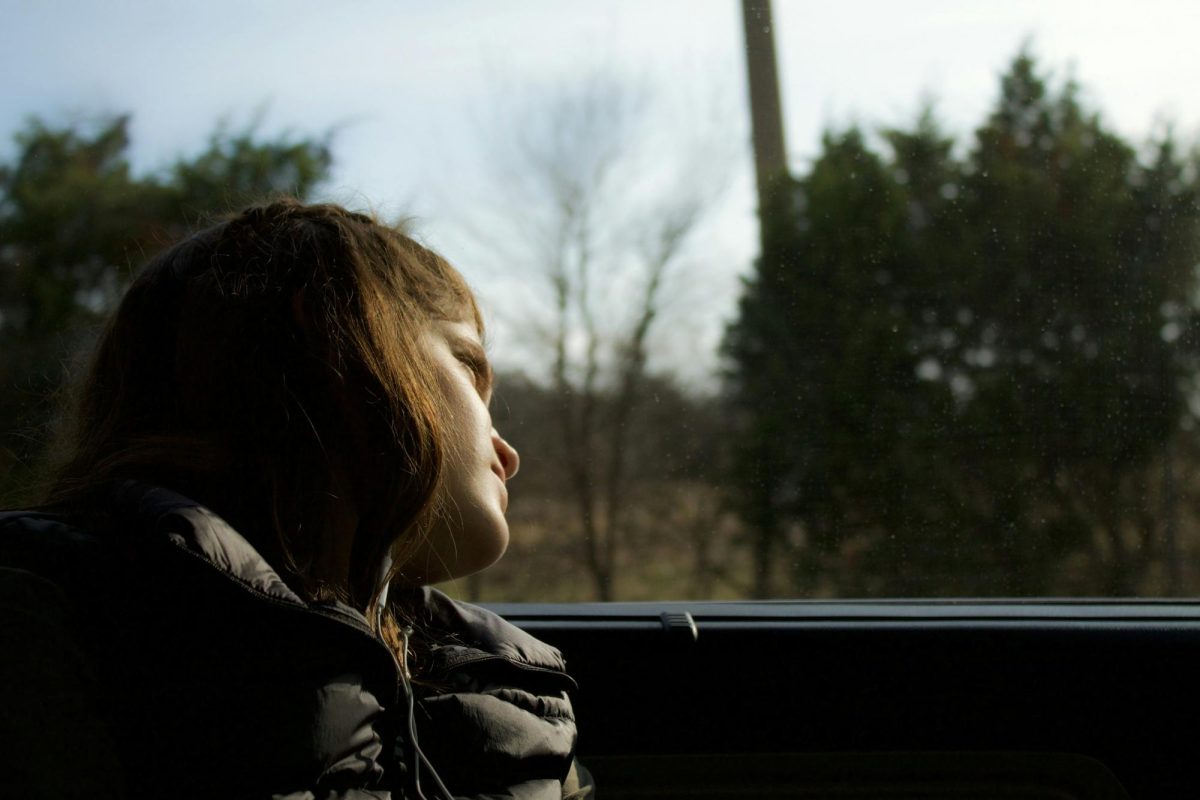Have you ever been to a zoo? Many people have had positive experiences, but what about the negatives? Many different kinds of animals have been taken from their local habitats and put into the care of zoo staff, but who does this benefit? While zoos can be beneficial to animals, they can also be just as harmful.
This is shown by multiple cases such as Harambe the lowland gorilla who was wrongfully shot by the zoo staff after an event where a little boy fell into his enclosure which left the public and the internet in shock and enragement.
“My main reason for being against zoos is because I don’t agree with caging animals for our entertainment,” according to the Green Eco-Friend website.
Animals who are left inside zoos can face a multitude of problems, one being a condition called Zoochosis that increases an animal’s stressful behavior, such as constantly pacing around in one place for hours at a time, bar biting, self-mutilation, vomiting, and consuming food that was previously regurgitated. This is all caused due to captivity for long periods.
Zoos can also be helpful in a bunch of different ways, one being if an animal is seen unfit for living out in the wild they can be brought into a zoo and taken care of. Wildlife sanctuaries are a good example of these places, as they take in endangered species while keeping them in protected areas with a controlled environment that lowers habitat loss and animal endangerment.
Poachers also pose a huge threat to animal lives such as elephants, rhinos, tigers, lions, and a mass amount of other animals that are endangered.
The first American zoo was the Philadelphia Zoo, which opened on July first, 1874. This zoo had America’s first chimpanzee and orangutan births which allowed the newly born primates to be watched over by the care of the city.
Zoos should not exist. I have been to multiple zoos throughout my life and have seen the environments that the animals have to be in. It would be so much better if they were out free and able to roam when they please instead of having to be in a cage for the rest of their life. Instead, they should be able to live a long, healthy life out in the wild where they belong.

